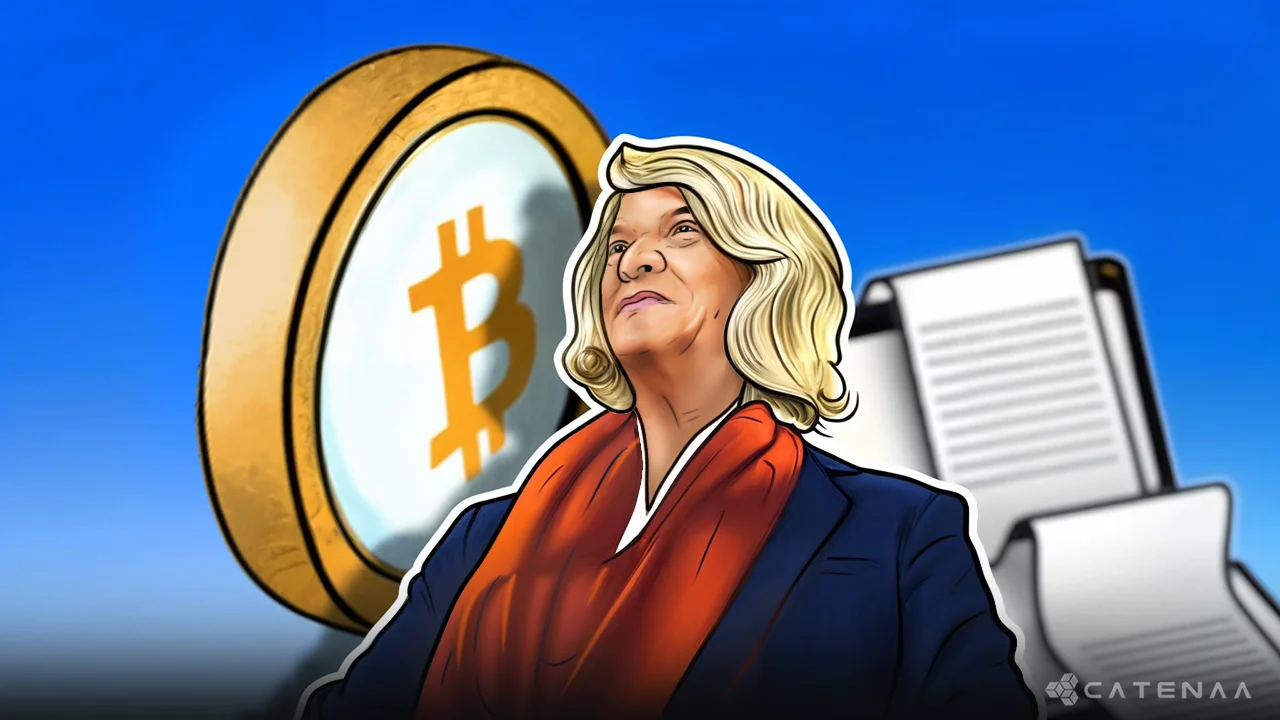New York, Thursday, August 1, 2024- Sen. Cynthia Lummis, R-Wyo., introduced a bill to the U.S. Senate yesterday, Wednesday, July 31, 2024, seeking to establish a national Bitcoin reserve as political interest in cryptocurrency intensifies.
The chances of this becoming law are currently seen as very low. The presented draft can be reached here.
The bill, named the Boosting Innovation, Technology, and Competitiveness through Optimized Investment Nationwide (BITCOIN) Act of 2024, aims to enhance the U.S. dollar’s position in the global financial system by incorporating Bitcoin into the nation’s financial strategy.
If passed, the legislation would direct the U.S. Treasury to acquire 1 million Bitcoin, currently valued at $65 million, to be held as a strategic reserve.
The bill emphasizes the importance of transparency in how these assets are managed, reflecting concerns about the security and stability of this digital asset in government hands.
The introduction of the bill coincides with increasing political debate over cryptocurrency.
While former President and Presidential candidate Donald Trump is seen as supportive about Bitcoin, Democrats are seen critical about the Cryptocurrencies.
The bill faces significant challenges however. Particularly in a deeply divided Congress, with analysts predicting it may not advance until after the 2024 Presidential election.
Sen. Lummis, a known advocate for Bitcoin, argues that the bill represents a forward-thinking approach to securing America’s financial leadership in the 21st century. However, the outcome remains uncertain as the nation’s political landscape continues to evolve.
Sen. Cynthia Lummis, R-Wyo., is a staunch advocate for cryptocurrency and has been a vocal supporter of integrating digital assets into the U.S. financial system.
Serving as Wyoming’s junior senator since 2021, Lummis has positioned herself as a leading voice in the Senate on blockchain technology and financial innovation, emphasizing the need for the U.S. to remain competitive in the evolving global economy.


